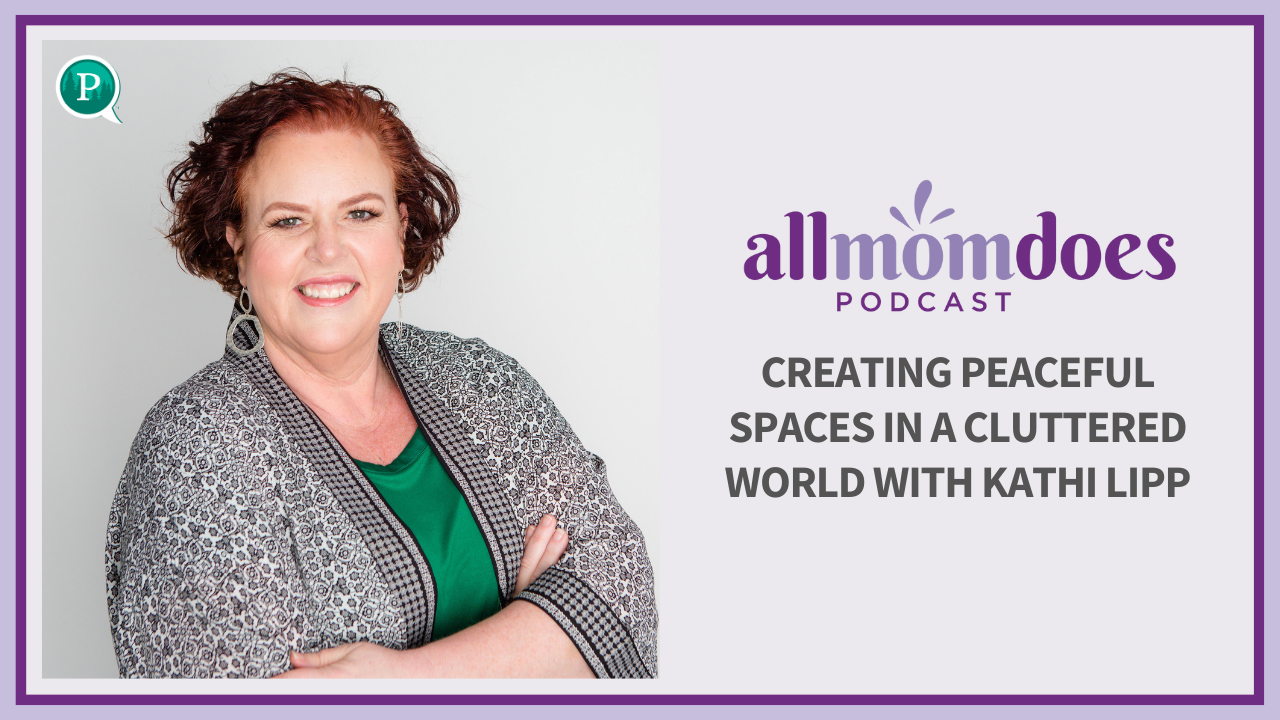I finally fell apart in my friend’s living room. I’d spent far too many weeks not wanting to say the words, but it was time. It wasn’t going away.
“What was it like when you had postpartum depression?” I whispered.
Her tears of compassion mirrored mine of sadness, disappointment, and shame.
Oh, the shame.
I had prepared so well for this baby. With my first, I was a train wreck. He didn’t sleep. I didn’t sleep. I was overwhelmed. The weight of caring for a little person was almost too much. I figured it was just the challenge of adjusting to motherhood and the sheer exhaustion of bringing home a terrible sleeper.
So with our second, we were ready. My husband was going to take two months off work, allowing me to simply sleep and feed the new baby while he’d take care of everything else.
And then she arrived, and she was a magical sleeper. From our first night home from the hospital, she slept five-hour stretches. I felt more rested than I did before the baby came, during those physically uncomfortable final weeks of pregnancy. We settled into second-round parenthood easily, and I couldn’t believe I was worried about anything. I told my husband to go back to work after two weeks. I was up and dressed every morning, ready to tackle the day.
I was happy. We had made it. This was easy.
But then, five months later, I started getting angry. Like, really angry. And sometimes, I’d cry. I didn’t really think I felt depressed, but things just weren’t right.
It hit out of the blue – well after we’d exited what I thought was the “danger zone” of postpartum depression.
Shortly thereafter I finally found the courage to admit it right there in my friend’s living room. And as we nursed our babies together we talked about support groups, about counseling, and about medication. And that afternoon, while the feelings didn’t necessarily heal, the shame started to lift.
I started my own process of healing. And probably the biggest part of my healing? Learning more about what postpartum depression is and is not.
I learned it’s part of a group of disorders that afflict women after baby. I learned that it doesn’t just look like what you think it looks like. I learned that it can strike without warning anytime within that first year.
And I learned that it wasn’t my fault.
Yes, there are some risk factors. If you struggled with depression or anxiety at any point in the past, you’re at a higher risk. If you struggled with infertility, you’re at a higher risk. If your birth was difficult or traumatic, you’re at a higher risk. If your support system isn’t super strong, you’re at a higher risk. If you’re a Type-A or perfectionist, you’re at a higher risk.
But having risk factors does not guarantee you will have postpartum depression, just as an absence of risk factors does not guarantee you will not have postpartum depression.
In the same vein, sure, there are things you can do to try and combat it. Work to develop a support system. Eat dark chocolate. Get at least one five-hour stretch of sleep per night (obviously easier said than done if you’re nursing a newborn). Exercise. Eat well. Spend time in unfiltered sunlight.
But again, while there is evidence that these things help some women, there is no scientific evidence that any of these things are a guaranteed cure.
Dear mama who is struggling today, I’m going to share with you the same precious words my friend gave to me when I told her “it’s not that bad” and “I can handle it” and “I only have ONE really bad day a week, so it’s not like it’s all the time.”
She said to me, “I believe you can do better. You DESERVE better.”
Sweet mama, it’s not your fault. And if you’re struggling – or even if you’re just starting to entertain the idea that you might have postpartum depression or anxiety – let me encourage you in this way:
Learn more.
Do what you can.
Release what you can’t.
Try a support group.
Get professional help if you need.
Talk honestly to a friend.
Release the shame.
Because I promise you – it’s not your fault. You deserve better.
If you suspect you might be struggling with postpartum depression or anxiety, educating yourself is the first step to releasing the shame and starting your healing. Learn more about the types of postpartum mood disorders here, and a quick list of symptoms in “plain mama-English” here. Find a support group here.
If you feel you’re in a state of mental health emergency, please call 9-1-1 immediately or a local crisis hotline.
















